How To Avoid Impulse Buying During Holiday Sales
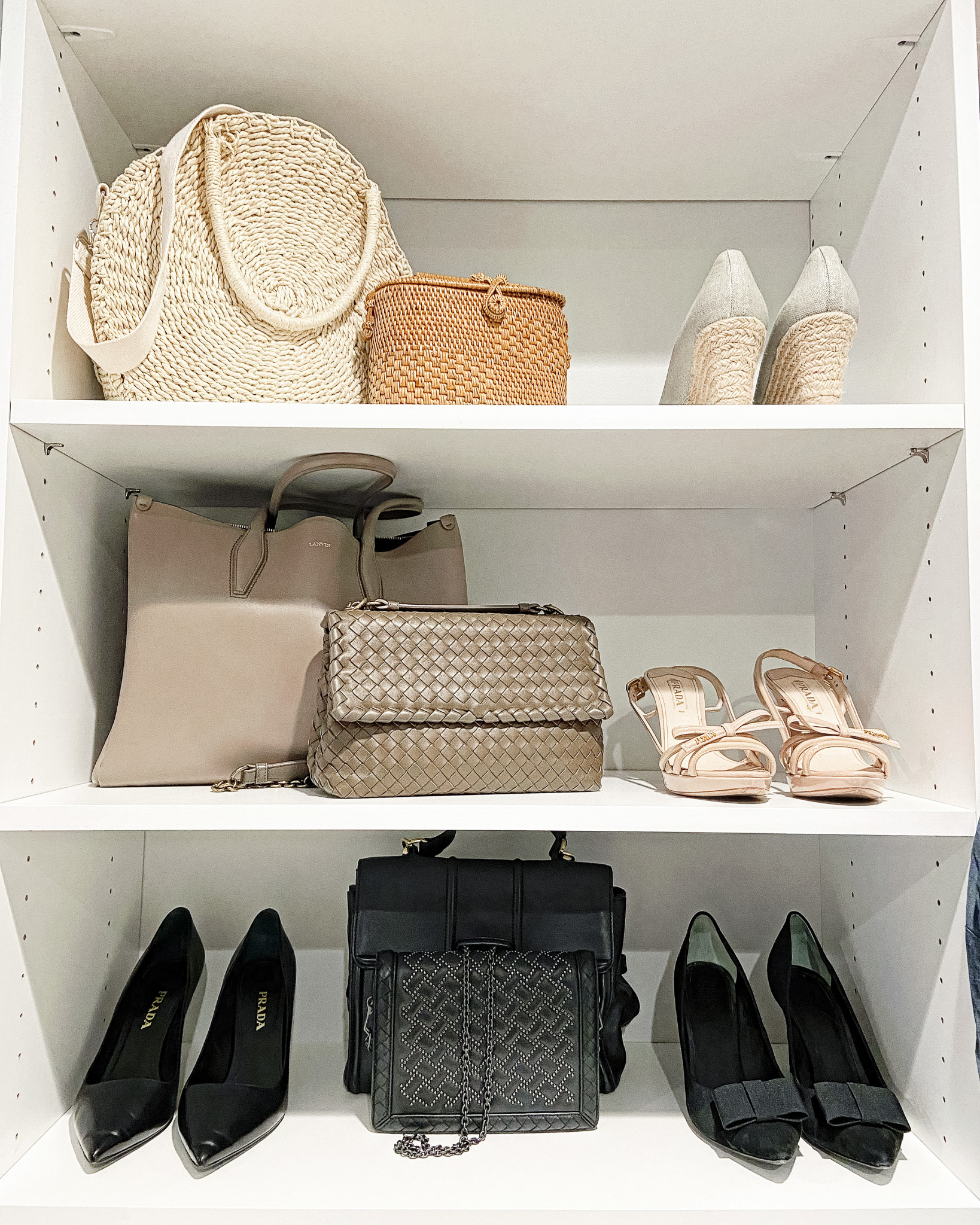
August 31, 2023
UpTown Concierge uses affiliate links in this blog. That means that if you buy something through these links, we may earn a commission.
Labor Day is approaching, which in terms of shopping, officially kicks off the holiday season! The emails and Instagram ads are enticing you to buy this fall’s “must haves”, the latest high-tech TV, and a cozy throw blanket, all at a deep discount. Tempting, right? We all love a new pair of Nikes at a bargain! But buyer beware – holiday sale shopping can be a slippery slope to impulse buying, which leads to clutter. The negative effects of having a cluttered, chaotic space offset any deal you may score.
And of course, impulse buying happens outside of holiday sales too – we’re all guilty of walking into Target for just one thing and leaving with an entire cart full of stuff. That’s textbook impulse buying.
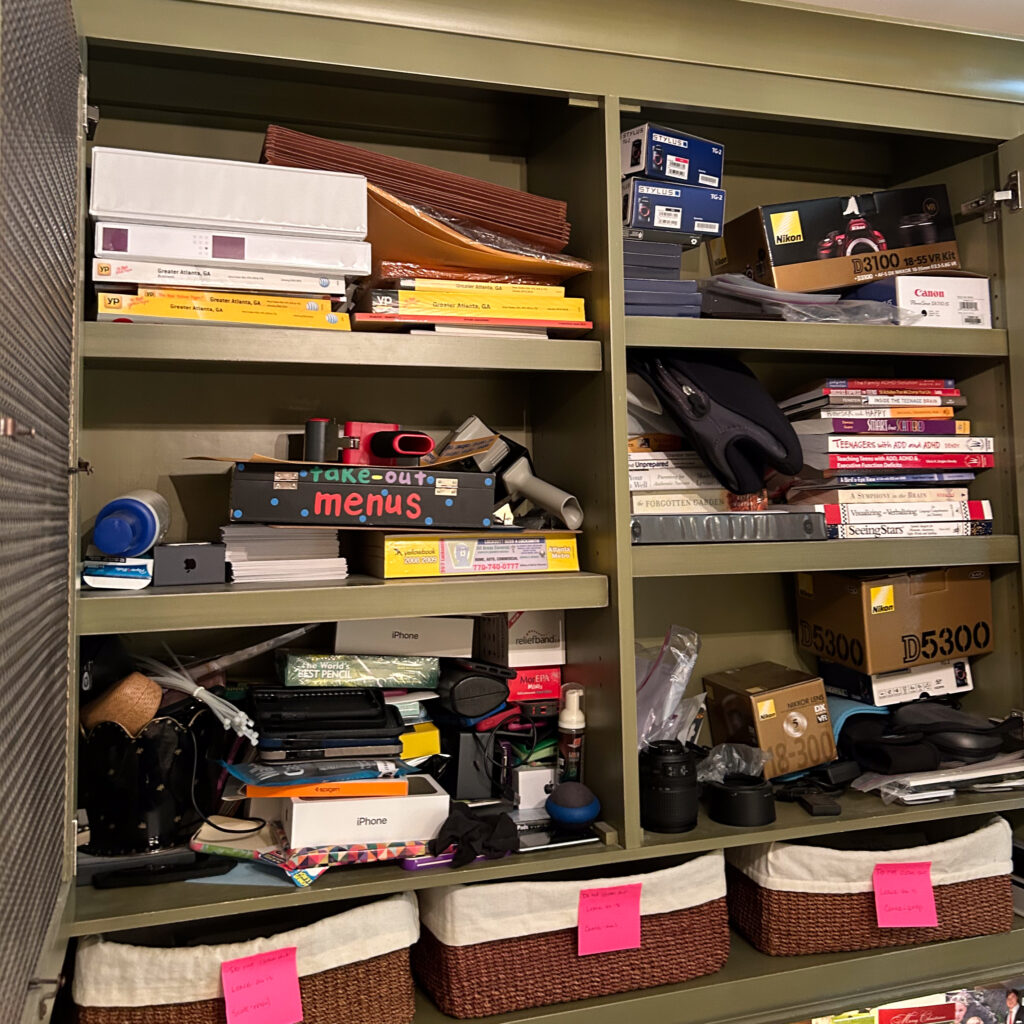
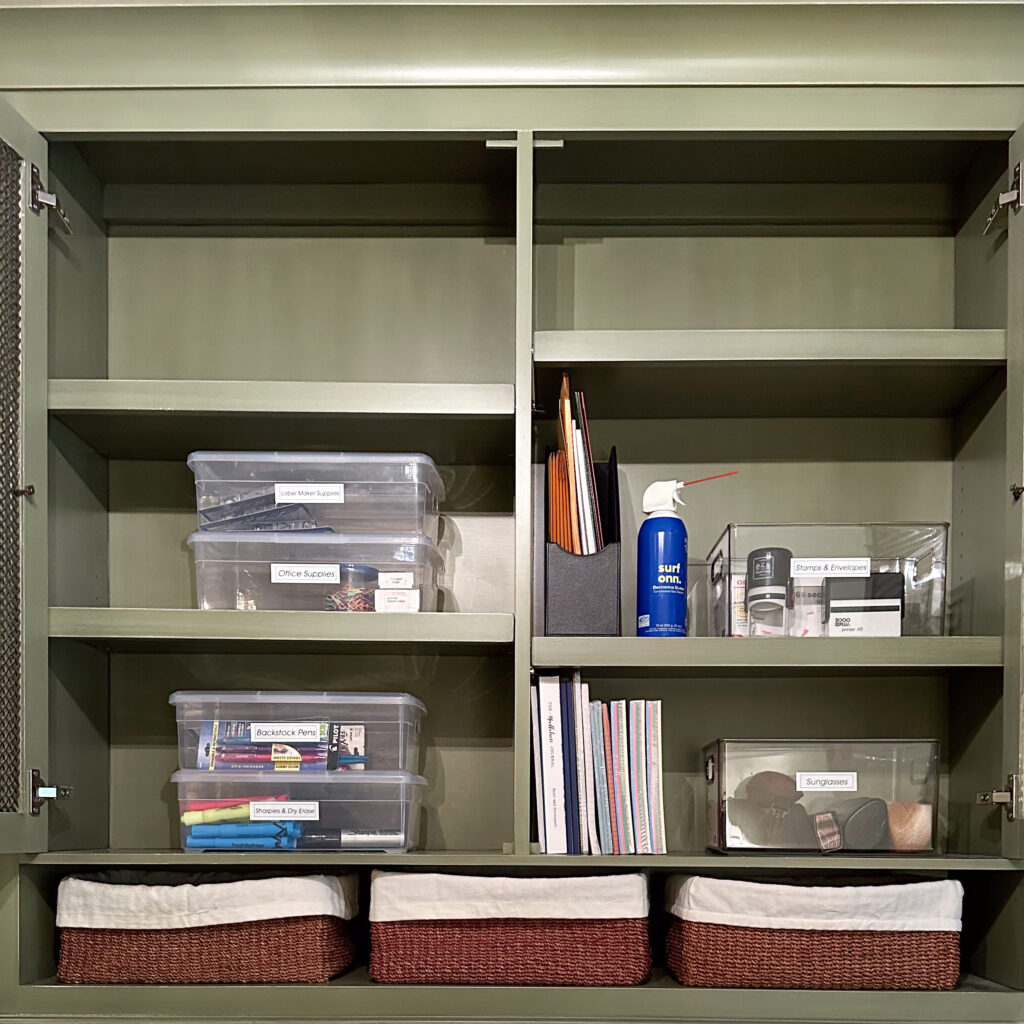
What is impulse buying?
Impulse buying refers to making purchases on a whim. It can be as innocuous as grabbing a small treat at the register, or as regretful as making a large purchase without much forethought. Impulse shopping to any extent can affect you financially, but it also directly contributes to the clutter in your home and in your mind.
How can impulse purchases affect me?
Think of it this way – every item you bring into your home automatically comes with a list of responsibilities. You have to find it a home, most things need to be kept clean and/or maintained on a regular basis, and you have to keep a mental inventory of everything. It’s not just as simple as buying something you want and bringing it home. Talk about increasing your mental load!
The goal of organizing is to minimize stress and reduce the frequency of daily home management tasks. Unfortunately, impulse buying completely negates any progress you’ve made on your organizing journey thus far. We can tell you to declutter all day long, but that doesn’t solve the root cause of clutter: collecting more stuff than you need.
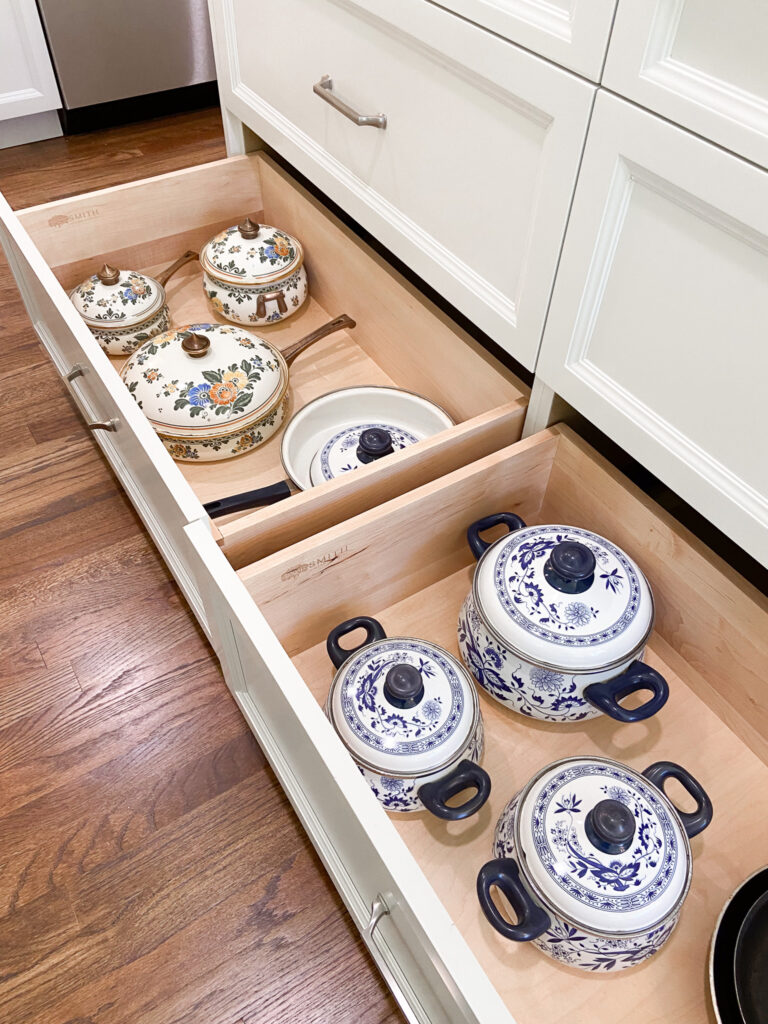
So how do I stop impulse buying?!
Here are 3 ways to kick your impulse spending habits and shop more intentionally from a professional organizer and minimalist:
1. Stop, drop, and think
Stop before you add it to your cart. Drop it back onto the shelf. Think, and ask yourself these questions:
Do I need this? Will I actually use it? Where will I keep it? Do I already own something that serves the function that this item does? Is it going to replace something I already have? If so, what am I going to do with the old item? If I’m going to donate the old item, when do I plan to actually take it to the donation center?
Is the answer to any or most of those questions “no” or “I don’t know”? Then you don’t need it!
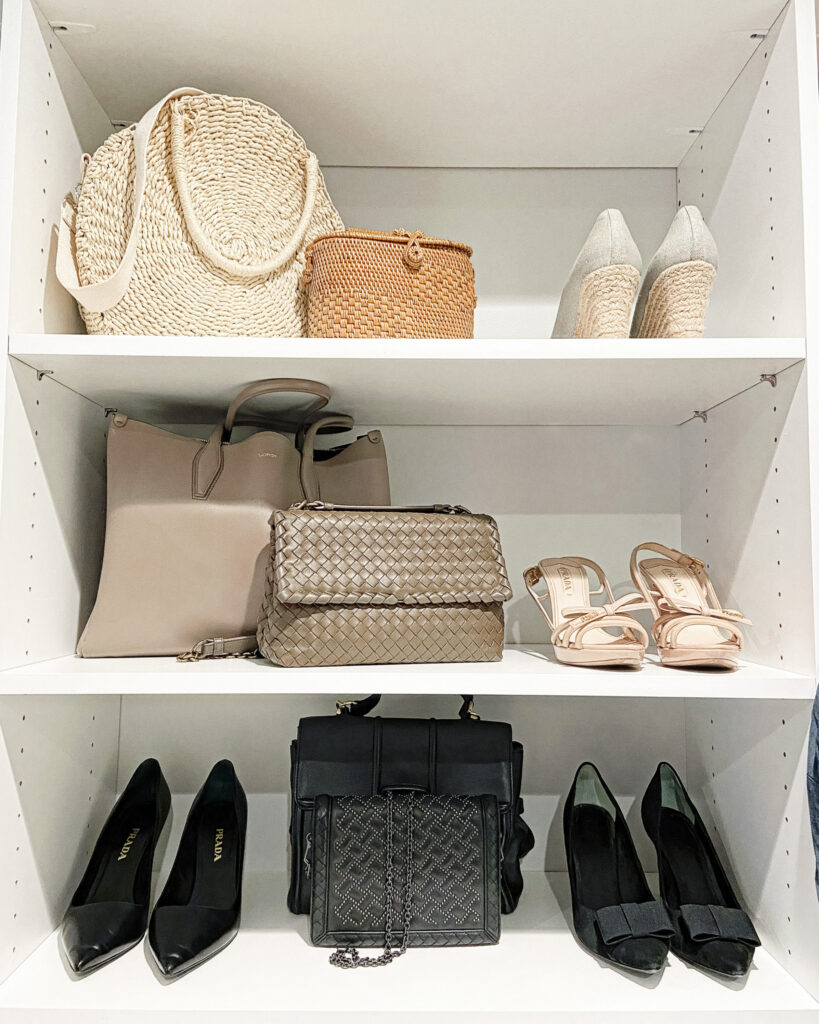
2. The 24-hour rule
You’re in bed, scrolling through Instagram when you see your favorite influencer showing off a cute, trendy top and you think, “I must have that!” You click the link and add the item to your cart. While you’re there you are curious about what else this store has to offer, so you start perusing their inventory. Before you know it, you have a $400 cart full of items you never even thought about purchasing before just now. That, my friends, is peak impulse buying!
Two-thirds of all impulse spending happens just like that – on your phone, in bed. Instead, let that cart sit for at least 24 hours. If you can wait longer, even better! Three days of letting the cart sit is ideal for smaller purchases, and up to 30 days of waiting is great for those larger purchases. After that time has gone by and your head is clearer and less excited about just scoring a deal, revisit those items and ask yourself the questions from tip #1 before hitting that “Submit Order Now” button.
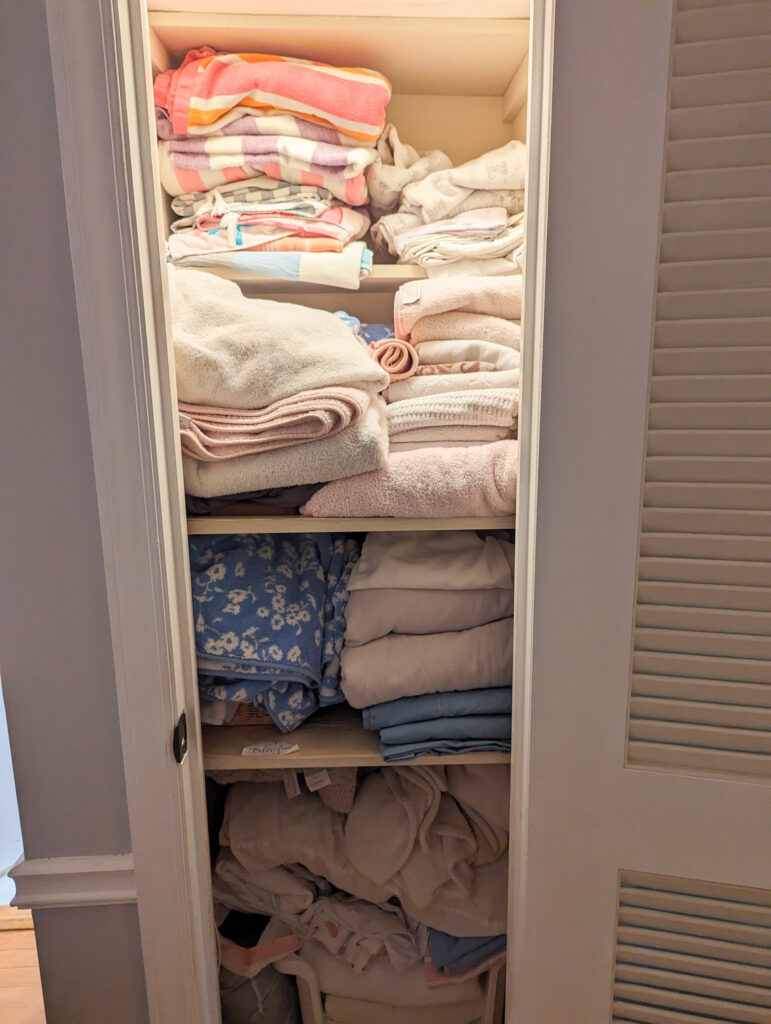
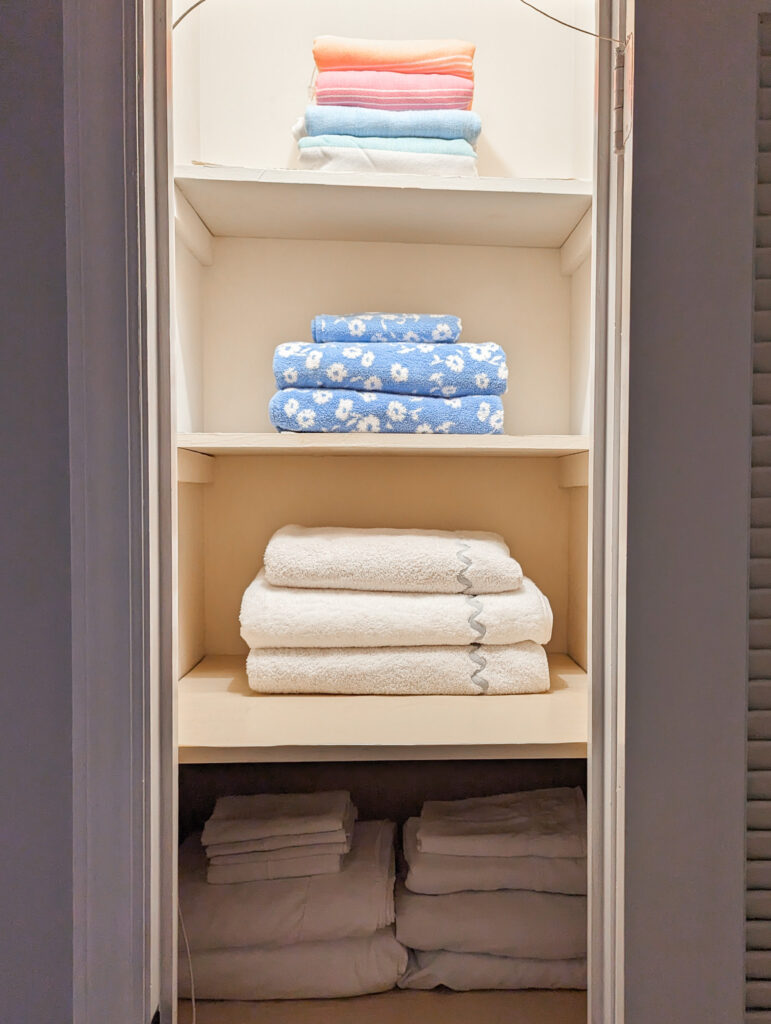
3. Little bit of research, big reward
Most of the time, sales around holidays aren’t as good of a deal as they may seem at first glance. Companies do a lot of intricate marketing to make you feel like you are getting the best deal. Take the time to research and plan well in advance of any sales – oftentimes you can find an even better deal this way! It may feel like a lot of time to commit upfront, but it’s way less time than you will spend looking for misplaced items due to overconsumption (3,680 hours in our lifetime!). Buying something just because it’s a “good deal” doesn’t actually save money if you weren’t even planning on buying it in the first place. Plus, while doing research you may realize you don’t want the item as much as you thought you did!
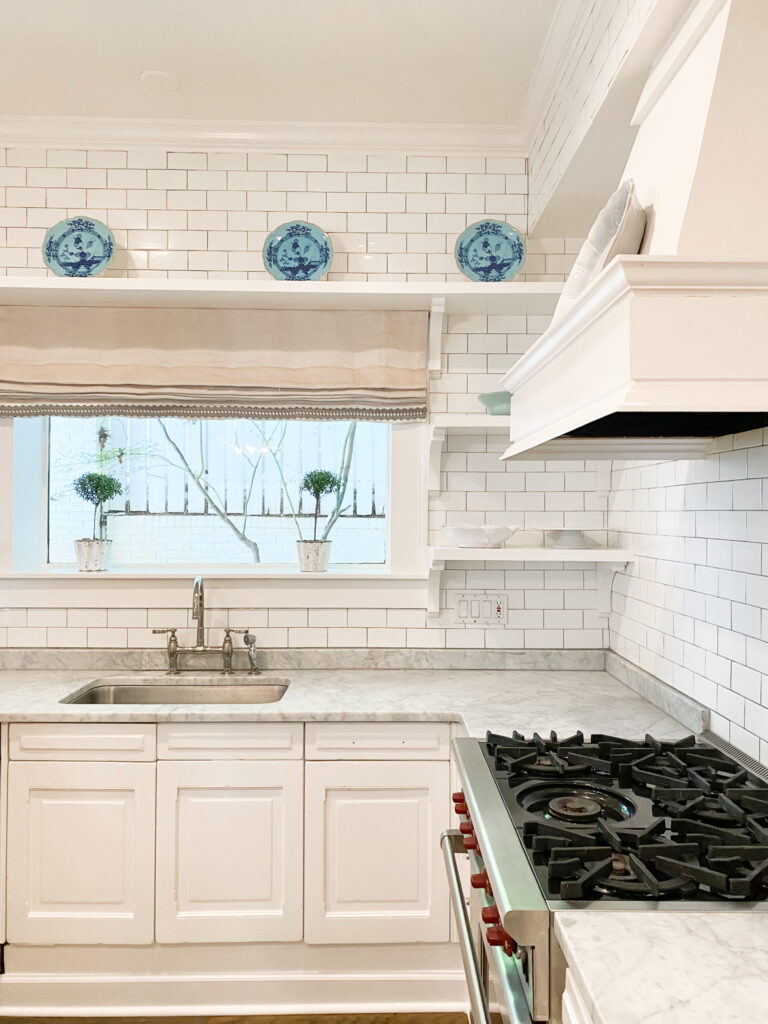
Living like an organizer doesn’t mean never going shopping or getting rid of everything you own. It means being intentional about what you bring into your home, to ensure you’re adding value to your life instead of just clutter and stress. You prioritize your family’s well-being over having stuff. It means you want to create space for what matters most in your life.
If you still need to shop, do it intentionally!
Here are our intentional purchases of the month. These items serve a purpose in any home, don’t contribute to the clutter, and help you on your organizing journey!
If you are just thinking about starting your organizing journey, our team of Organizers are ready to help you get started! Contact us to schedule a complimentary consultation.
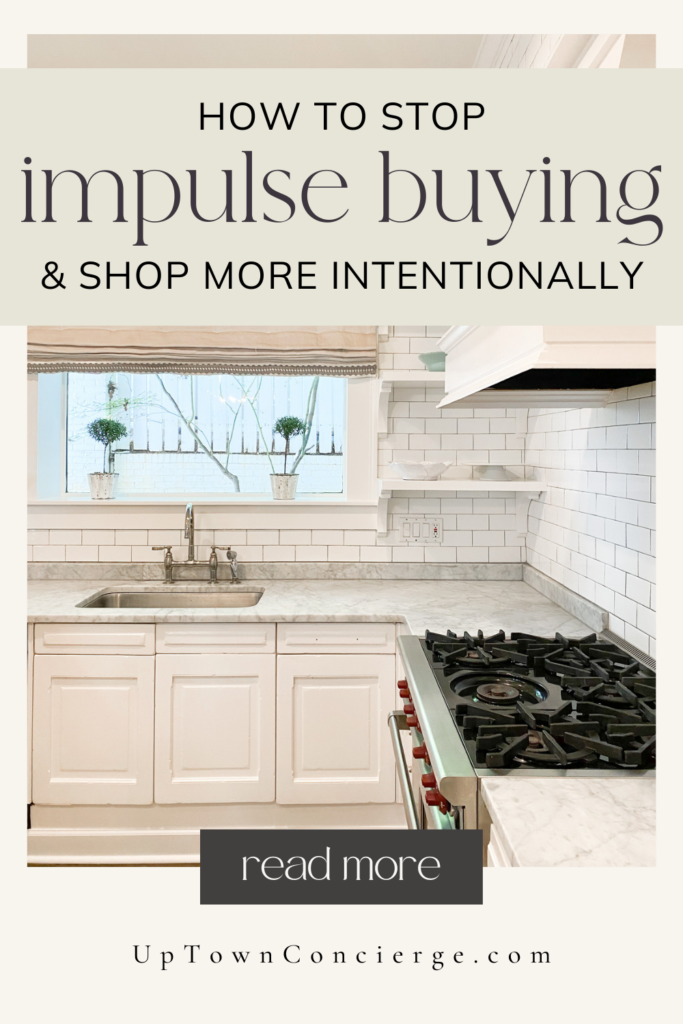
This 8-page PDF download is packed full of decluttering goodness to help you create space for what matters most in life - your peace.
Subscribe to Our newsletter and
Download our FREE How-To Guide:
Are you ready to organize your life?
Declutter Your Home and Find Your Peace
Leave a Reply Cancel reply
A house management and home organizing service rooted in intention and respect. Servicing the Atlanta, Georgia area - Buckhead, Brookhaven, Sandy Springs, Alpharetta, Roswell, Milton, Marietta, Smyrna, Vinings, and more.
Privacy Policy
© UpTown Concierge 2023 - 2025 All Rights Reserved